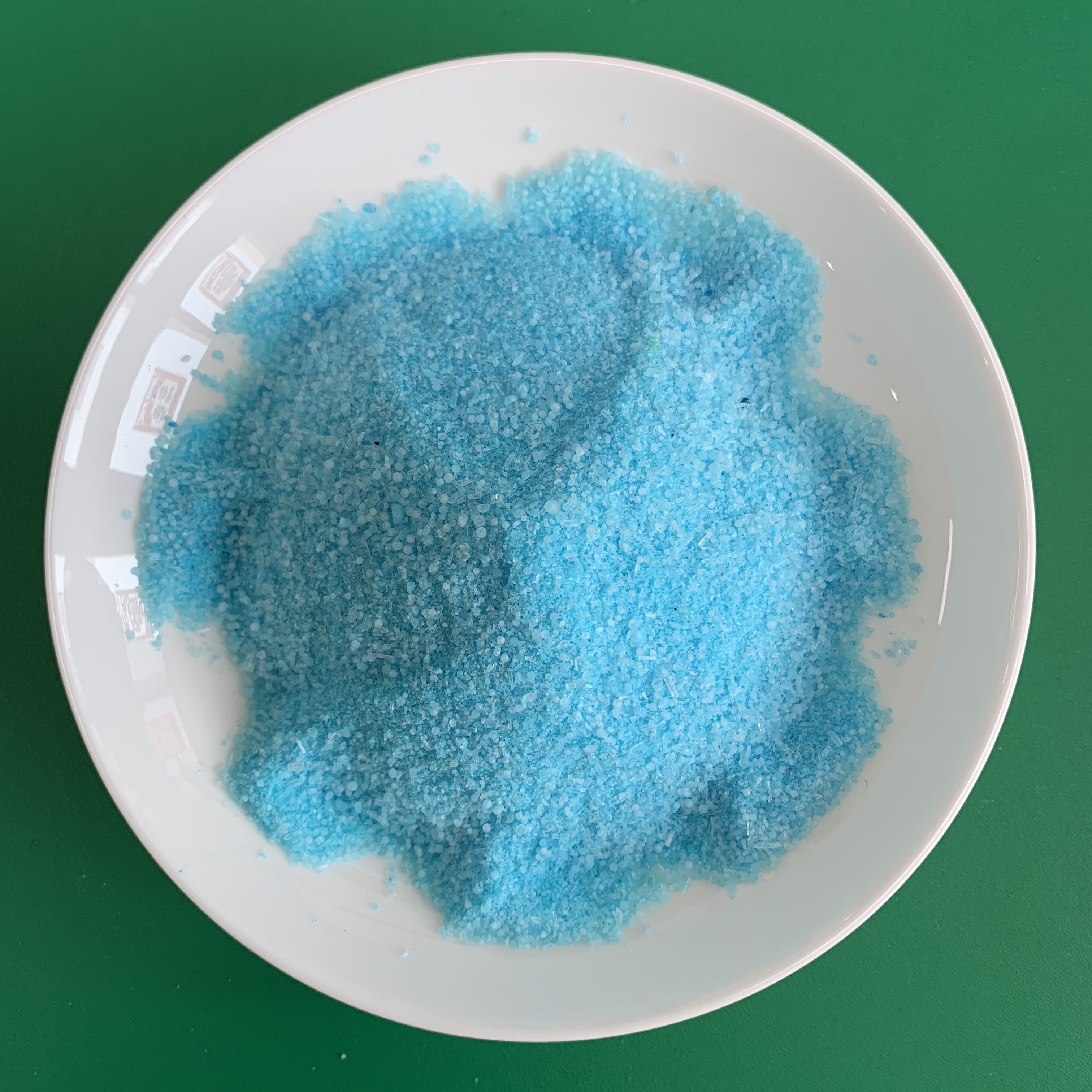



barium sulphate is
Understanding Barium Sulphate Properties, Applications, and Importance
Barium sulfate, a chemical compound with the formula BaSO4, is a white crystalline solid that exhibits remarkable properties. It is composed of barium, sulfur, and oxygen, and is classified as a sulfate mineral. Barium sulfate is primarily used in various industries due to its unique characteristics, and its applications extend from medical imaging to the manufacturing of paints and plastics.
Properties of Barium Sulphate
Barium sulfate is known for its high density and excellent insolubility in water. These properties make it particularly useful in specific applications. The compound is non-toxic, which allows for its safe use in environments where human exposure is possible. Barium sulfate has a high melting point (about 1580°C), ensuring it remains stable under extreme conditions. Another interesting property of barium sulfate is its ability to scatter X-rays, which is crucial in its role as a radiopaque agent.
Industrial Applications
One of the most significant applications of barium sulfate is in the medical field. It is commonly used as a contrast agent in X-ray imaging, particularly in gastrointestinal tract examinations. When ingested or introduced into the body, barium sulfate coats the lining of the gastrointestinal tract, enhancing the contrast on X-ray images. This property is invaluable for diagnosing various conditions, including tumors and blockages, facilitating thorough medical evaluations.
Beyond its medical applications, barium sulfate is widely used in the paint and coatings industry. Its high density and opacity make it an excellent filler and pigment for paints, providing a bright, durable finish. It helps improve the consistency and spreadability of paint while enhancing its durability. Additionally, barium sulfate is used in plastics and rubber manufacturing, providing improved mechanical properties and enhancing product performance.
barium sulphate is

The oil and gas industry also benefits from barium sulfate, where it is employed as a weighting agent in drilling fluids. By increasing the density of the drilling mud, it helps prevent blowouts during the drilling process and ensures the safety and efficiency of oil extraction.
Importance in Paper and Ink Production
Another notable application of barium sulfate is in the production of paper and inks. When used as a pigment, barium sulfate increases the brightness and opacity of paper products, making them more appealing for printing. In inks, it aids in improving the flow and consistency, ensuring high-quality prints. The non-toxic nature of barium sulfate further enhances its desirability in these applications, as it ensures minimal environmental impact.
Environmental Considerations
While barium sulfate is generally considered safe for industrial applications, its synthesis and disposal must be managed responsibly. Mining and processing barium-containing ores can lead to environmental concerns, particularly if not conducted in compliance with regulations. Therefore, it's essential for industries to adopt sustainable practices when utilizing barium sulfate to minimize ecological impacts.
Conclusion
Barium sulfate is a versatile compound with wide-ranging applications across various industries. Its unique properties, such as high density, insolubility, and radiopacity, make it an invaluable asset in medical imaging, coatings, plastics, and more. As industries continue to explore innovative applications of this compound, understanding its properties and responsible environmental management practices will be critical to harnessing its full potential. By leveraging the benefits of barium sulfate, industries can continue to improve product quality and safety while promoting sustainability.
-
Why Sodium Persulfate Is Everywhere NowNewsJul.07,2025
-
Why Polyacrylamide Is in High DemandNewsJul.07,2025
-
Understanding Paint Chemicals and Their ApplicationsNewsJul.07,2025
-
Smart Use Of Mining ChemicalsNewsJul.07,2025
-
Practical Uses of Potassium MonopersulfateNewsJul.07,2025
-
Agrochemicals In Real FarmingNewsJul.07,2025
-
Sodium Chlorite Hot UsesNewsJul.01,2025










